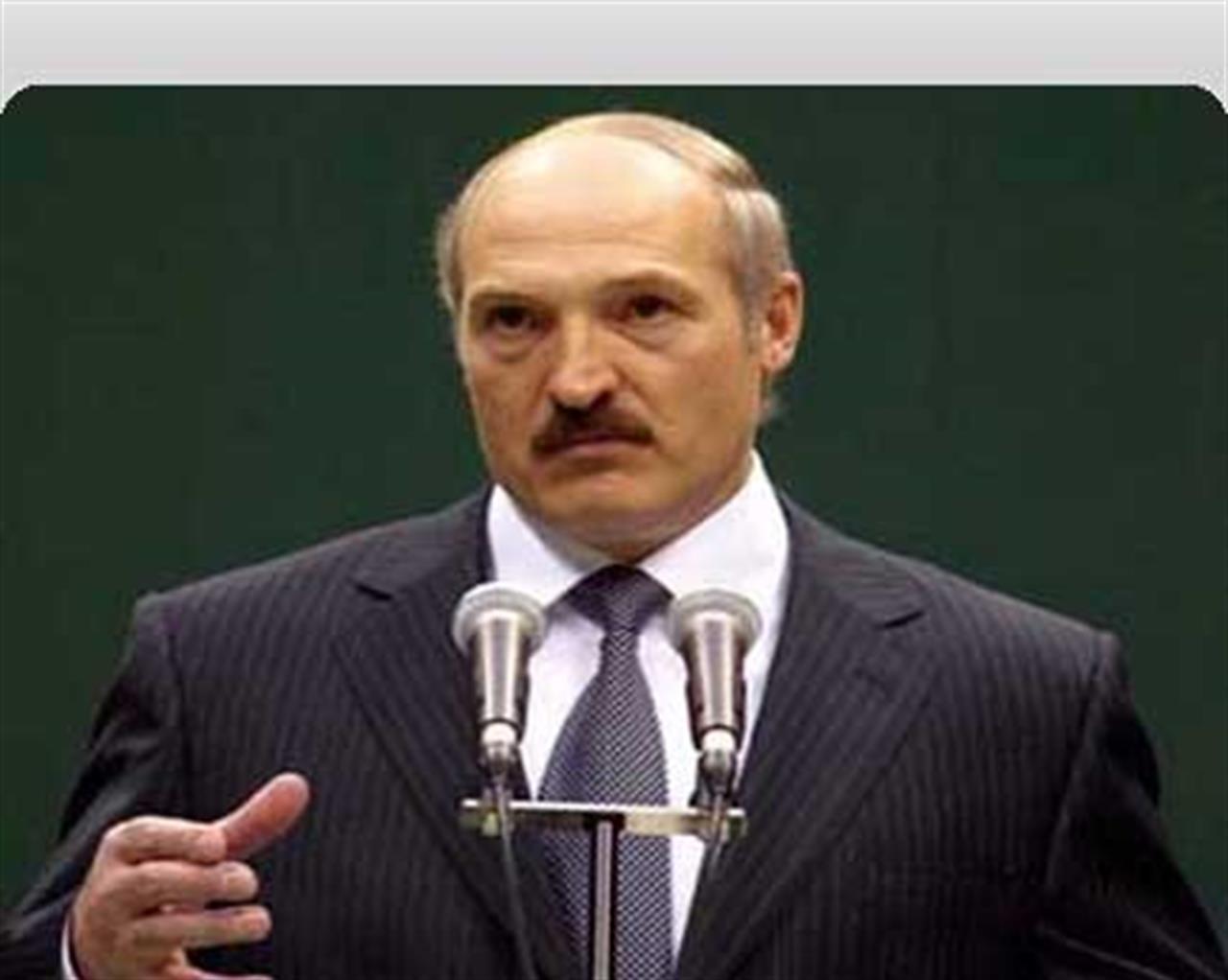Non profit
The last nail in the coffin
Internet crackdown spells disaster for freedom of speech

Journalists and opposition figures Tuesday attacked an order signed by Belarussian President Alexander Lukashenko to monitor Internet use as a fatal blow for the country’s last independent media.
The order, signed by Lukashenko on Monday, forces Internet providers to store data on users and the sites they view and hand it to law enforcement agencies on request.
“It’s complete control of information,” said Andrei Bastunets, the deputy chairman of the Belarussian Association of Journalists. “After all, apart from the Internet, Belarus practically has no free media.”
Lukashenko recently set up an “analysis centre” to distribute domain names in Belarus and define what information could be made available on the Internet.
Under the new decree, service providers must block access to a website within 24 hours if asked to do so by the centre.
Natalya Radina, the administrator of the former Soviet republic’s most popular opposition website charter97, criticized the decree, which allows sites to be blocked on users’ requests if they “promote extremism.”
“They can block access to our site ‘on the request of the workers’ at absolutely any moment,” she told AFP.
Lukashenko will be able to use the order to curb opposition activity in the run-up to the next presidential elections in 2011, Radina said.
“In order to stop dissatisfied people joining forces and taking to the streets en masse, as happened in 2006, Lukashenko will be able to close down opposition sites.”
Lukashenko was re-elected in 2006 in a much-disputed vote that sparked protests in the Belarussian capital Minsk and led to the arrests of hundreds of opposition activists.
The leader of the opposition United Civil Party, Anatoly Lebedko, also linked the crackdown to Lukashenko’s upcoming campaign.
“People en masse are turning to the Internet for information, and the closer the elections, the more people will do this,” Lebedko told AFP.
“I see this order as an interim stage on the way to a complete monopoly on information on the Internet.”
In a December interview, Lukashenko had criticized the “dirt that flows from the Internet.”
“The government needs to react to what is going on with the Internet and we will react to this,” he told Belarussian journalists.
Most independent newspapers in Belarus have closed down and there are no independent television or radio stations, making the Internet a key source of information under the country’s authoritarian regime.
Lukashenko — once dubbed Europe’s last dictator by the United States — has ruled the ex-Soviet republic of 10 million people since 1994 but has now made attempts at greater openness.
He hired a western PR firm to improve his country’s image and began cautious economic reforms.
The president has sought to reach out to the European Union, a switch in policy that has caused some irritation in Belarus’ main economic backer Moscow.
Although he has over the last year fired a succession of barbs at Russia, analysts believe it will be impossible for Belarus to abandon its hitherto close partnership with Russia.
Source: AFP
17 centesimi al giorno sono troppi?
Poco più di un euro a settimana, un caffè al bar o forse meno. 60 euro l’anno per tutti i contenuti di VITA, gli articoli online senza pubblicità, i magazine, le newsletter, i podcast, le infografiche e i libri digitali. Ma soprattutto per aiutarci a raccontare il sociale con sempre maggiore forza e incisività.
